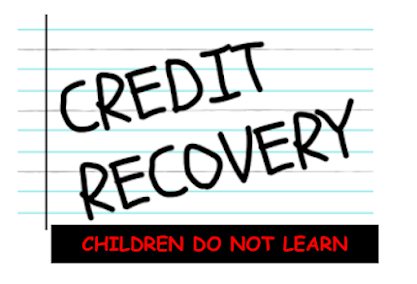Ensuring Educational Equity: A Call to Minneapolis and St. Paul Public Schools
By Don Allen, Ed.S., M.A. Ed., MAT
Within the heart of the Twin Cities, Minneapolis and St. Paul Public Schools remain bastions of education, grounds for changing the lives of thousands of students yearly. Still, in their halls and classrooms, there resides a looming, daunting question: What is the plan for teaching Black Twin Cities high schoolers?
While the question does not simply point to academic performance indicators or graduation rates, it goes to the core of educational equity and social justice. The academic success of Black students has had systemic barriers placed in its way. Together with resource and funding discrepancies and biases in disciplinarian practices, the path to education in Minneapolis and St. Paul for Black students has not been made smooth.
One really important issue that needs critical attention is the process of credit recovery. Sometimes considered a last-ditch effort in the case of students failing in their academics, credit recovery programs were supposed to be the bridge through which students would catch up in their coursework and graduate on time. The reality is a bit more convoluted. Sometimes, it is a matter of playing a "check off" game rather than mastering content. Students may rush with even basic assignments or the exams themselves just to pass without really understanding any matter.
This ends up being detrimental to underpinning gaps in learning and understanding. It risks creating a cycle in which students move through grades without the necessary skills and knowledge, which will have impacts on them in higher education and beyond. This is funneled into the specific acute need for Black students, who might start out behind because of inequity in historic and systemic credit systems.
Coupled with this, the present focus on credit recovery may also serve as a cover-up of graver matters related to educational quality and support that most Black learners should rightfully deserve. This tends to work more like a band-aid solution rather than a solid intervention that would see them move forward in the long run. And, as educators, administrators, and community members, let's challenge ourselves to think beyond this current box and toward a much further-reaching way to support Black students in the learning process.
This approach is committed to a culturally and quality-responsive, revolutionary curriculum. This would be a reflective, pluralistic curriculum based on the experiences and views of the Black community and beyond. It also involves teachers, then—not only being qualified but also culturally competent and aware of both of the peculiar challenges that confront the Black students, as well as the strength they bring to a classroom.
This would involve proactive efforts in the direction of addressing systemic racism and bias in educational institutions—for example, revisiting school disciplinary practices that have adverse impacts on Black students and implementing restorative justice approaches that instill positive school climates for all students.
Indeed, equitable education is one that goes well beyond curriculum and discipline to make sure that the schools serving predominantly Black students have enough resources. That means access to technology, recently updated learning materials, and extracurricular opportunities that enrich the learning experience.
They are that the Minneapolis and St. Paul Public Schools should be having a transparent conversation with everyone around. That is, one should get the input of Black students, parents, and educators.
It also means holding ourselves accountable. Accountability means making note of and publicly reporting on the progress made toward closing the achievement gap for Black students. Economic commitment in the area of teachers' and staff training for an inclusive and supportive learning environment. Public policy advocacy at the district and state levels that champion—first and foremost—educational equity and the dismantling of barriers to success. Looking forward, Minneapolis and St. Paul Public Schools must transcend the sorting and separating of students based on test scores or graduation rates. Our work must be in the education of every child to his or her potential, regardless of race, background, or zip code. This requires bold leadership, unwavering commitment, and a willingness to confront the uncomfortable truths that have been an anchor around our necks.
In conclusion, the deliverance plan of education for Black students in Twin Cities public high schools may not be one-size-fits-all or business as usual. It has to be total, an effort of transformation that picks at the root causes of inequity and holds Black students to the light of academic, social, and personal success. It calls the stakeholders, educators, policymakers, parents, and community members to come, unite, and build a fair and just future for our children.
The time for change is now. Let this be more than talk about equity but an urgent and resolute action to make equity a reality in every classroom, school, and community across the Twin Cities. Together, we can ensure that every Black student will indeed get the education they deserve: one that unlocks doors, hones talent, and fosters dreams.


Comments
Post a Comment